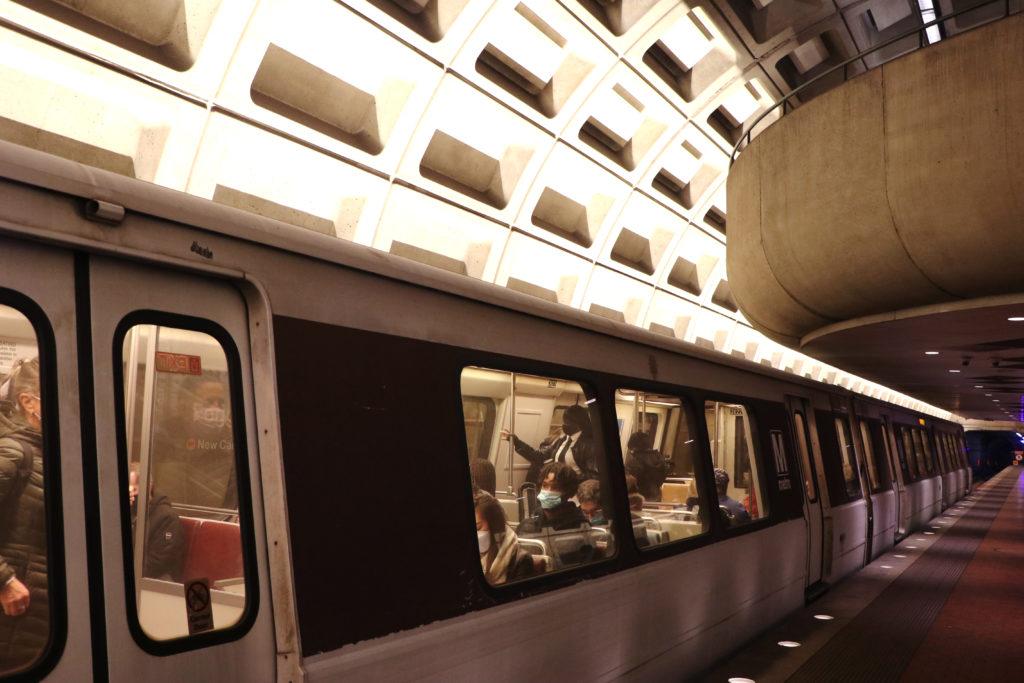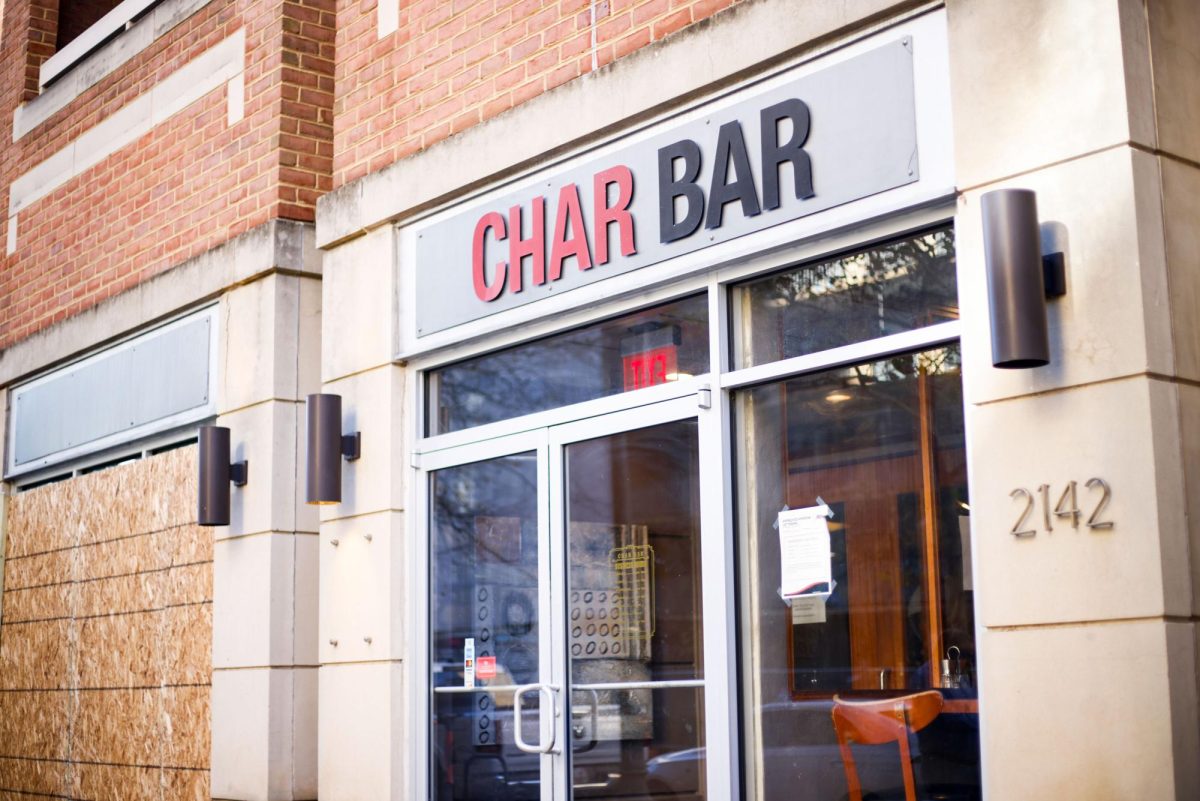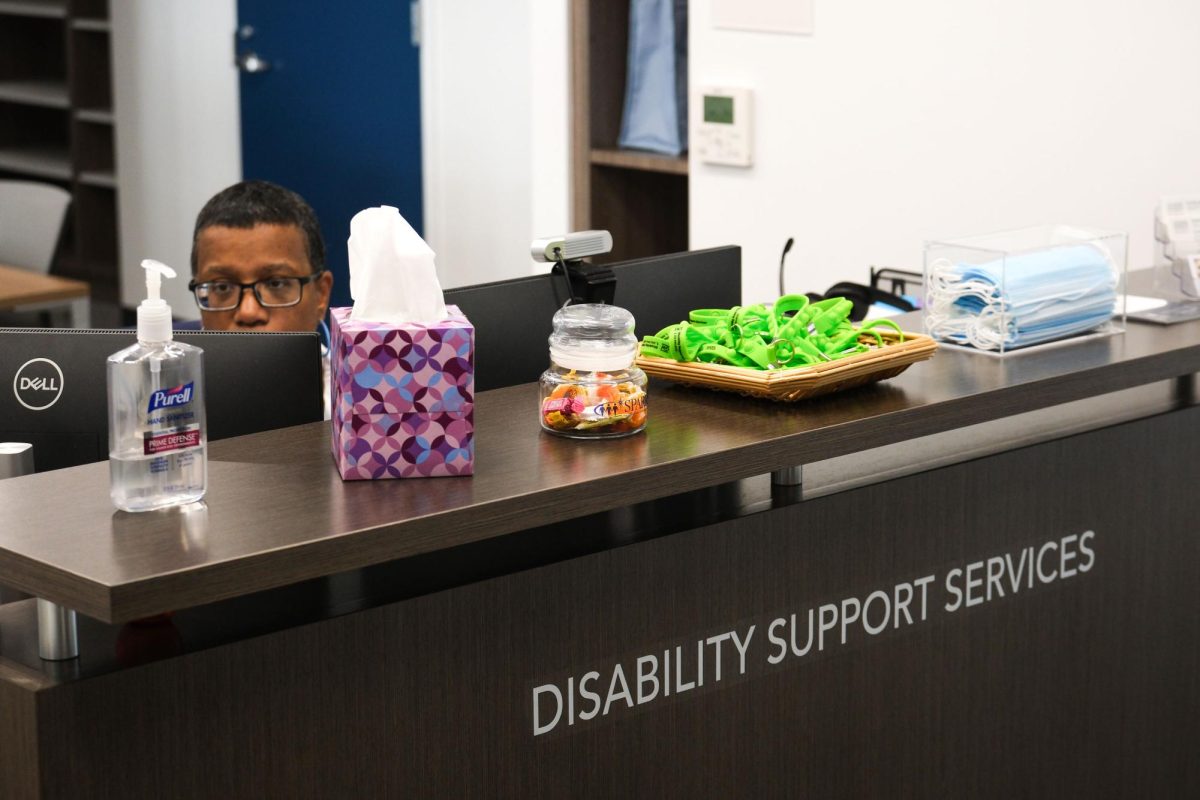The Washington Metropolitan Area Transit Authority retired the last of the 2000-series trains for passengers last Friday.
WMATA retired the 2000-series trains, which first debuted in the 1980s, because the model was only built to last about 40 years and replacement parts for when the trains break down are becoming “harder to procure,” according to a WMATA press release published earlier this month. The release states the removal of the 2000-series trains is part of a larger plan to retire older trains by 2027 so that WMATA can introduce the new 8000-series trains — nicknamed the Fleet of the Future.
The release states the 2000-series trains carried around 775 million passengers and traveled nearly 200 million miles.
“These 76 train cars helped move millions of people across the Capital region for decades and we thank them for their faithful service over the years,” Metro General Manager and CEO Randy Clarke said in the release.
WMATA first introduced the 2000-series trains in 1983 when WMATA needed more trains to begin service in Huntington and Fairfax County, according to the release. Italian manufacturing company Breda constructed the trains in Italy, which were later assembled in Beech Grove, Indiana.
Mechanical manufacturing company Breda designed the 2000-series trains to be similar to the 1000-series trains but with fewer seats to allow for more standing passengers, exterior speakers and a flip-dot destination sign. In the early 2000s, WMATA also renovated the 2000-series trains by adding new exterior and interior LED lights and updating the seats with new colors like colonial burgundy, Potomac blue and Chesapeake sand.
The release states WMATA also retired 1000-series trains in 2016 and 2017, 4000-series trains in 2017 and 5000-series trains in 2018 and 2019. The 2000-series trains have maintenance issues nearly four times more on average compared to the newer 7000-series trains which debuted in 2014, according to the release.
“The goal is to remove the aging trains that have more maintenance issues, leaving a more reliable fleet of newer vehicles resulting in fewer offloads and delays,” the release states.
The release states that WMATA put most of the 2000-series trains and 3000-series trains in storage during the pandemic and following the release of the 7000-series trains in 2014.
However, WMATA returned the 2000-series trains and 3000-series trains to service in 2021 after pulling the 6000-series and 7000-series trains because they determined the series had an increased risk of derailment due to a “wheelset widening problem.”
A December 2023 WMATA release states the agency is replacing all the wheels on the 7000-series trains, a process expected to take “several years” because it takes 72 hours to replace the wheels on a single train car. The release states WMATA officials expect to complete approximately 20 of the 7000-series trains each month.
WMATA in March stated in their Annual Transformation Report — the guide to WMATA’s plans for the next five years — that they anticipate all of the 7000-series trains to be back in full operation by the end of 2024.
WMATA also stated in the release that they will begin “phasing out” their 3000-series trains in 2027. WMATA unveiled the design for the Fleet of the Future 8000-series trains at the Fleet of the Future Exposition, a public mock-up of the trains, on the National Mall with plans for them to be introduced to passengers in 2027.
Although WMATA will not debut the 8000-series trains until 2027, WMATA stated in the release they can still accommodate the current peak of ridership without needing to use the 2000-series trains.
“We recognize the rich history of these cars and they have certainly earned this well-deserved retirement. However, this will give riders a better experience and make way for the Fleet of the Future,” Clarke said in the release.
The release states WMATA will keep four of the 76 trains, using two as part of WMATA’s money train — a train that collects cash from fare machines at all WMATA stations but is inaccessible to the public — and keeping the other two for historical preservation.





